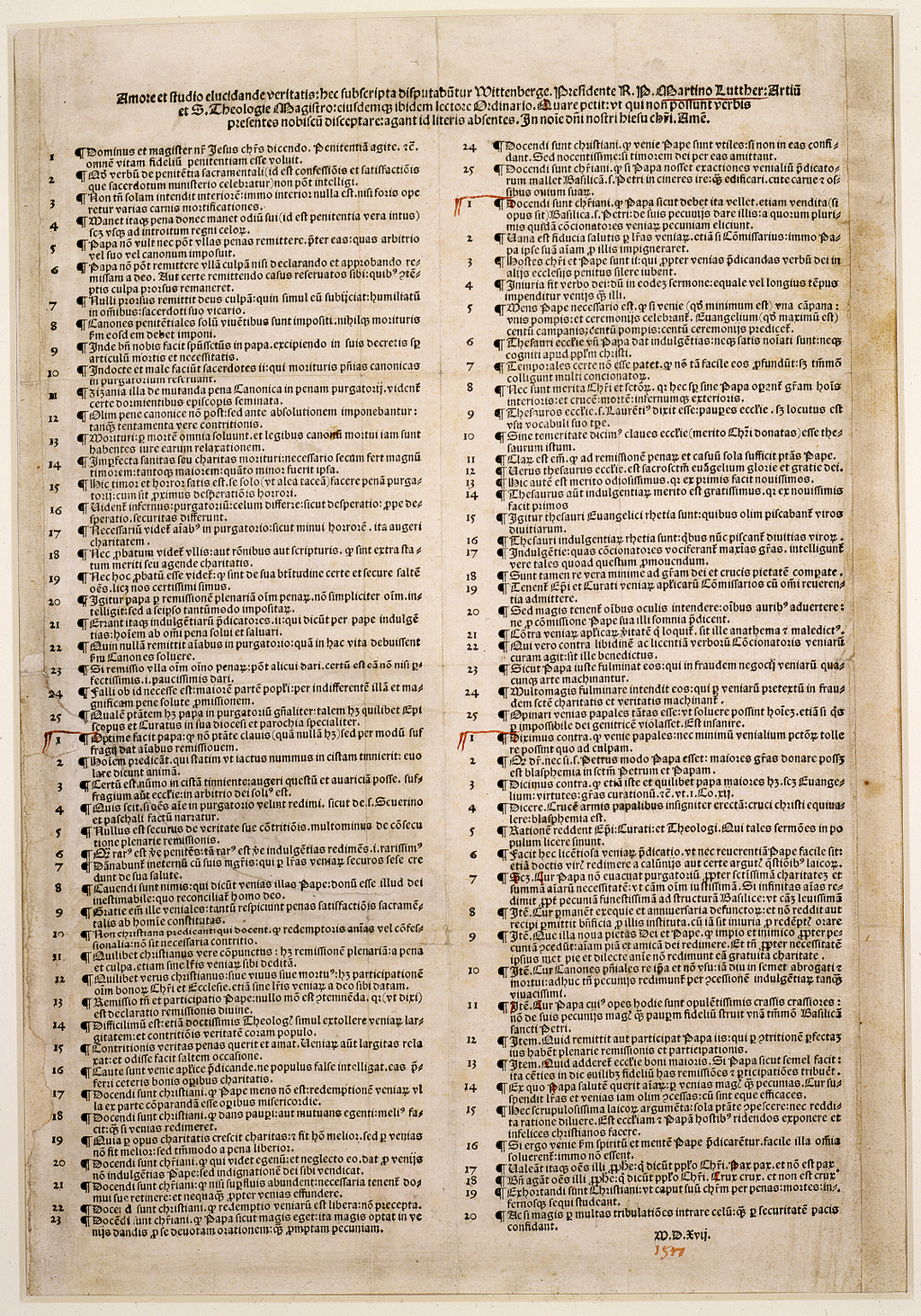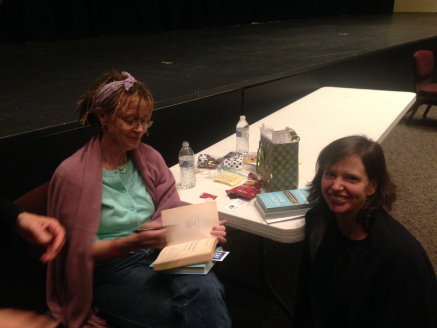Can science be the source of human values? The only source? That’s the idea behind Secular Scientific Humanism. SSH is based on a scientific foundation, not a religious one. Science is the way to promote human well being and human rights. For some theorists, like Sam Harris in The Moral Landscape: How Science Can Determine Human Values (Free Press 2010), Sean Carroll in The Big Picture: On the Origins of Life, Meaning, and the Universe Itself (Dutton 2016) or Alex Rosenberg in The Atheist’s Guide to Reality: Enjoying Life Without Illusions (Norton 2012) there is no alternative to science. Religion is not an option. Everything that really exists, including morality and any other values, must come from a scientific understanding of the cosmos. Science reveals all religions to be mere mythology, mere illusion. Illusion cannot be the foundation of anything.
How science can form the foundation of human rights and morality is an open question. It seems to require deriving “ought’ from “is”, which is often thought not to be possible. There are no rights or morality in physics, biology or the natural world in general. And we humans are part of the natural world, even if we sometimes forget it. Science seems to say that there is only “is” and that therefore there is no “ought”— an unacceptable conclusion.
In columns over the past week, three NYT writers explored the erosion of human values, the sense that the institutions of SSH have failed. (see also BQTA post “What’s Your Philosophy)
David Brooks, “When Politics Becomes Your Idol”,
https://www.nytimes.com/2017/10/30/opinion/when-politics-becomes-your-idol.html
Michelle Goldberg, “Season of the Witch”
https://www.nytimes.com/2017/11/03/opinion/witches-occult-comeback.html.
Ross Douthat “Who Won the Reformation”
https://www.nytimes.com/2017/11/01/opinion/protestant-reformation.html.
What were you doing on October 31, 2017? At our house, we were keeping a sharp eye out for cute little kids trick-or-treating. I admit we were not aware of the 500th anniversary of the Protestant Reformation. On October 31, 1517, Martin Luther was concerned more with the corruption of the Catholic Church than with trick-or-treaters (who are pagan tinged anyway). Wikipedia: “The Reformation is usually dated to 31 October 1517 in Wittenberg, Saxony, when Luther sent his Ninety-Five Theses on the Power and Efficacy of Indulgences to the Archbishop of Mainz. The theses debated and criticized the Church and the papacy, but concentrated upon the selling of indulgences and doctrinal policies about purgatory, particular judgment, and the authority of the pope.” Luther spread his ideas via the new printing press, the Twitter of its day. The Reformation is often viewed as a precursor of the scientific revolution, which directly followed.
the Reformation promoted a questioning of traditional authorities in a way that opened up possibilities for new forms of learning or new institutions for the pursuit of knowledge. More specifically, there may have been Protestant doctrines or practices that turned out to be relevant to the content or conduct of science… the astronomer Nicolaus Copernicus (1473-1543) came to be dubbed the “Luther” of astronomy… http://www.abc.net.au/religion/articles/2017/10/27/4756425.htm
The Catholic Church has had an uneasy relationship to science from the time of Copernicus and Galileo to the present. Darwin is still undigested.
For staunch Catholic Ross Douthat, the Reformation was a big mistake.
The Western world has not known quite what to do with the 500th anniversary of the Protestant Reformation… the rule is to speak of the Reformation in regretful tones, like children following a bad divorce…
Secular Scientific Humanism requires all religions, Catholicism included, to make way for a more enlightened understanding of the cosmos.
the modern secular liberal is a Leninist: He watches Christendom tear itself apart and thinks, the worse the better, since only out of the wars of religion can his own society be born.
Douthat treats the Middle Ages like a golden age. It would have been better if the Church had remained undivided. Douthat thinks science would have come along anyway.
my own (biased, Catholic) guess is that given the technological and social changes already at work in early modern Europe, the great new modern powers, the state and the commercial interest, would have come to bestride the world no matter what happened to Christian unity. So a church that remained undivided probably wouldn’t have been able to strangle modern science or capitalism in the crib even had it wanted to. But it might have served as a stronger moral check on the new powers, a stronger countervailing force against greed and secular absolutism, than the divided churches that Europe had instead.
The Church acts as a moral check on erosion of value by science and capitalism. Modern SSH institutions try in vain to re-establish the moral authority of the Church.
Indeed in secular liberalism there is an implicit tribute to this possibility, a kind of yearning for a vanished Christendom, that arose in part as a response to the horrifying place where secular politics ended up last century. What are our pan-national institutions, our United Nations and European Union, all our interlocking NGOs, if not an attempt to recreate a kind of ecclesiastical power, a churchlike form of sovereignty, on the basis of thinner, less dogmatic but still essentially metaphysical ideas — the belief in human dignity and human rights?
As the church did before its crackup, and might have done thereafter, these modern ecclesiastical agencies do have some gentling effect. But they are a made-up religion whose acolytes at some level know it — and the thinness of their metaphysics, their weak claim on human loyalties, makes them mostly just a pleasing cloak over the dark power that’s actually stabilized the modern world, the terrifying threat of nuclear war.
For Douthat, science cannot be the source of human values, as revealed by “the thinness of their metaphysics, their weak claim on human loyalties.” The world would be a better place if everyone converted to Catholicism.
David Brooks is no Catholic, but he is also talking about the erosion of values. He sees the rabid politics of both the left and the right as symptoms of that erosion.
These days, partisanship is often totalistic. People often use partisan identity to fill the void left when their other attachments wither away — religious, ethnic, communal and familial… When politics is used as a cure for spiritual and social loneliness, it’s harder to win people over with policy or philosophical arguments. Everything is shaped on a deeper level, through the parables, fables and myths that our most fundamental groups use to define themselves… Trump’s supporters follow him because he gets his facts wrong, but he gets his myths right. He tells the morality tale that works for them.
Brooks thinks that if these people had real values—he might agree with Douthat that they must be religious values— they wouldn’t be so goofy about politics.
It should be said that people on the left and on the right who try to use politics to find their moral meaning are turning politics into an idol… Politics these days makes categorical demands on people. It demands that they remain in a state of febrile excitement caused by this or that scandal or hatred of the moment. But it doesn’t actually transform life or even fill the hole left by the lack of other attachments.
For SSH, human rights stand on their own as the ultimate value. Are human rights an “idol”? Transforming the ideal of human rights into reality requires political action. Thus politics turn into an idol.
Friday, Michelle Goldberg gave us an amusing portrait of witchcraft in Brooklyn.
I suspect that this assumption of chaos — the sense that institutions have failed and no one is in charge — helps explain the well-documented resurgence of occultism among millennials. Attempts at spell-casting are obviously not unique to today’s young people… Still, magic and witchcraft have a renewed cachet, one that seems related to our current climate of political and cultural breakdown.
SSH leaves people feeling unfulfilled. Darwin put the last nail in the coffin of religion, but science, it seems, is not enough.
some of it is a real, if eclectic, spiritual practice, adopted by people skeptical of organized religion but unfulfilled by atheism. It’s these sincere attempts to use magic that interest me, because occultism often gains currency during times of social crisis… Theosophy, the mother of all new age movements, was founded in the 19th century as the discoveries of Charles Darwin undermined faith in Christian creation stories, which led some to abandon religion altogether but others to embrace new forms of mysticism.
I’m sure Douthat would see an embrace of witchcraft as pretty thin metaphysics. Goldberg takes up Brooks’ theme of the craziness of politics.
For decades now, the right has spiritualized political warfare, treating it as a metaphysical contest between good and evil. It’s not surprising that the rise of Trump, a person who for many represents the inversion of all decent values, would create a supernatural reaction on the left. Millennial occultists might seem silly to outsiders, but you don’t have to believe in hexes, witchcraft or magic to take them seriously as a sign that many people find the present intolerable. Just under the surface of American culture, something furious is brewing.
What makes the present so intolerable? There may be no shortage of social problems, but isn’t the majority of humanity better off than ever? Steven Pinker thinks so. No time in the past was a golden age. In The Better Angels of Our Nature: Why Violence Has Declined (Penguin 2012) he argues that long term trends are favorable in a material, utilitarian sort of way. And yet, “something furious is brewing”? Goldberg has a point.
 Martin Luther’s 95 theses
Share this:
Martin Luther’s 95 theses
Share this:




